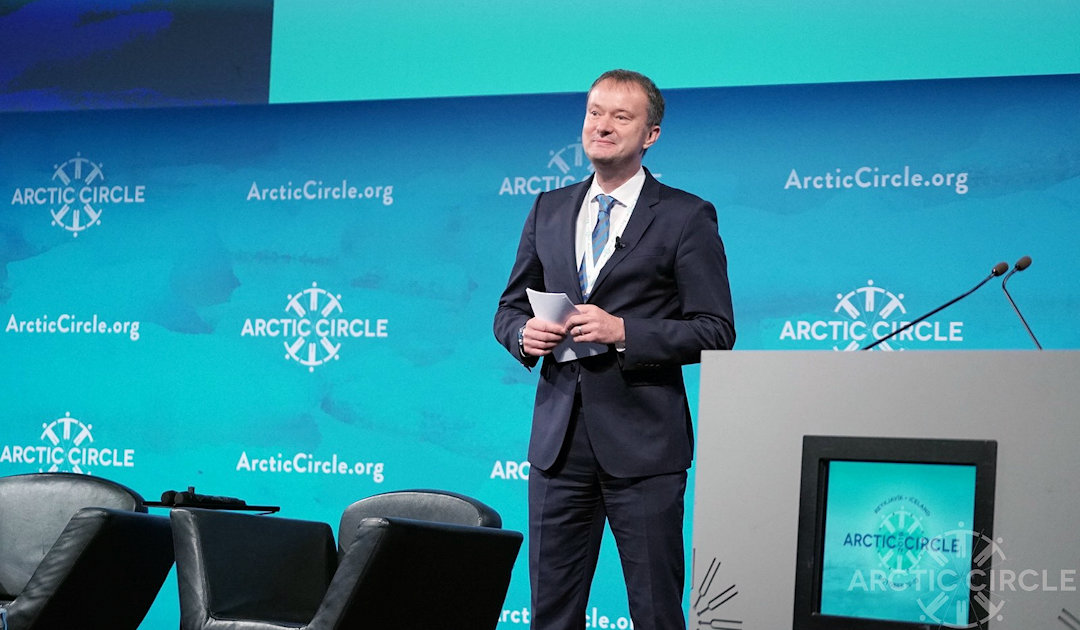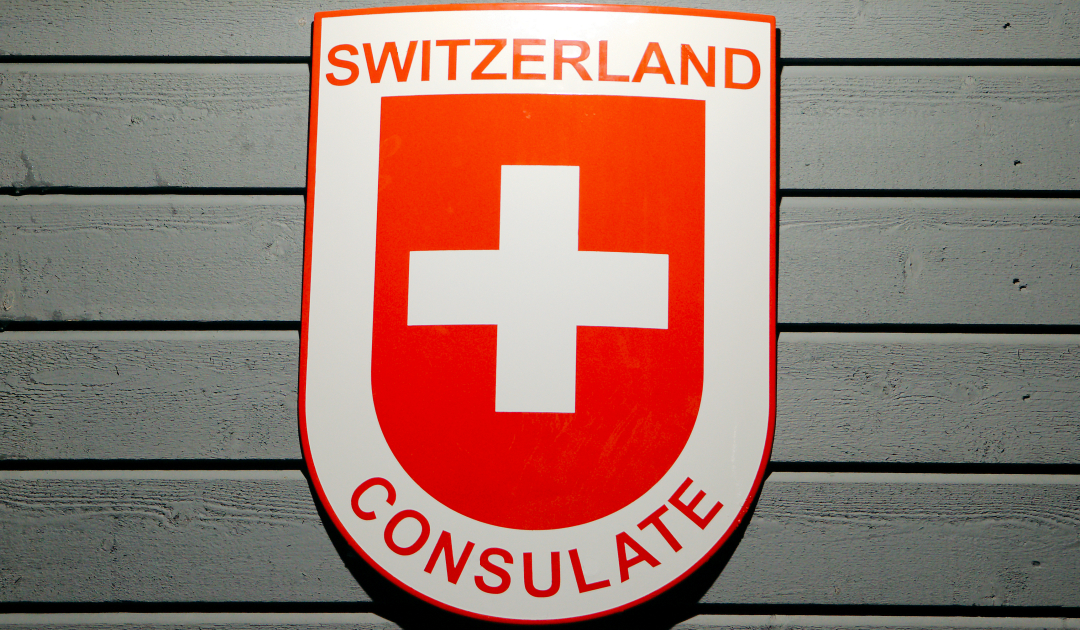
Switzerland has a long tradition in the Arctic, based primarily on science. Over time, this evolved into science diplomacy, which today forms the core of Swiss Arctic policy. A key component of this is Switzerland’s observer position on the Arctic Council, which it has officially occupied since 2017. It was previously represented by an ambassador. As of September 1, a new ambassador will now take over the Arctic dossier.
The 48-year-old Ambassador Alexandra Baumann will now head the Prosperity and Sustainability Division at the State Secretariat, which is responsible for the Arctic dossier, and will thus also be Switzerland’s new Arctic Ambassador. The diplomat, who comes from eastern Switzerland, has been in the service of Switzerland for 16 years and has worked in Chile, Germany and at the Swiss UN mission in New York, among other places. For the last 3.5 years she worked as diplomatic advisor to Federal Councillor Ueli Maurer in the Swiss Federal Department of Finance. As part of her new job, she was officially awarded the title of ambassador last September.

The newly appointed Ambassador Alexandra Baumann succeeds Ambassador Stefan Estermann, who had officially represented Swiss concerns in the Arctic since 2017, first as Head of Sectoral Foreign Policy at the Federal Department of Foreign Affairs FDFA, and later as Head of the Prosperity and Sustainability Division at the State Secretariat. He had also presented the Swiss strategy for the Arctic at the Arctic Circle meeting, the largest gathering of Arctic representatives at the non-political level, in 2019. This was awaited with great excitement at the time, as Switzerland was and is the last country to be granted observer status in the Arctic Council. All applications from other countries such as Estonia, Ireland or the Czech Republic had since been rejected.

Swiss Arctic policy is based on the principle of scientific diplomacy. In the Arctic Council, which deals with the concerns of the Arctic regions and its inhabitants, Switzerland is represented in several working groups, in which mostly scientists from a wide range of research fields do the preliminary work that ultimately leads to the decisions in the Council itself. With its expertise primarily in the areas of environment, sustainable development, climate and nature conservation, Switzerland is thereby helping to adapt the Arctic to the challenges it faces. The fact that similar challenges threaten the high alpine region in Switzerland makes the country a “vertical Arctic state,” as Ambassador Estermann had repeatedly emphasized during his tenure.

It is true that activities in the Arctic Council are literally on hold for the time being due to the war in Ukraine. But this has not diminished Switzerland’s work within the framework of its Arctic strategy. The opening of the first honorary consulate on Svalbard, numerous Swiss research projects, including the flagship project Greenfjord of the Swiss Polar Institute SPI and the cooperation with the Greenland Research Council in the field of natural hazards, and also overall the further increasing international interest in the Arctic will ensure that the new ambassador Alexandra Baumann and her team will not run out of work also in the field of the Arctic dossier.
Dr Michael Wenger, PolarJournal
More on the topic





